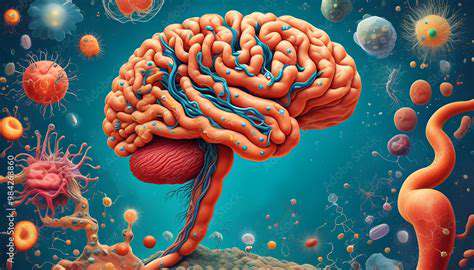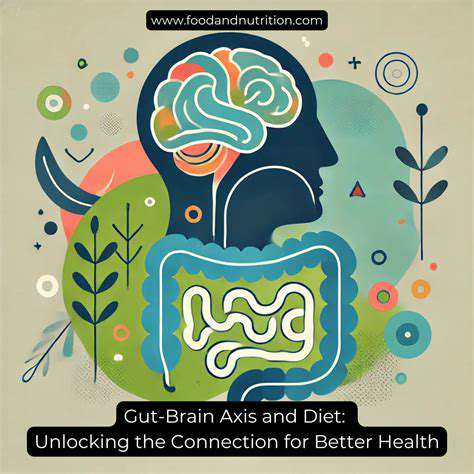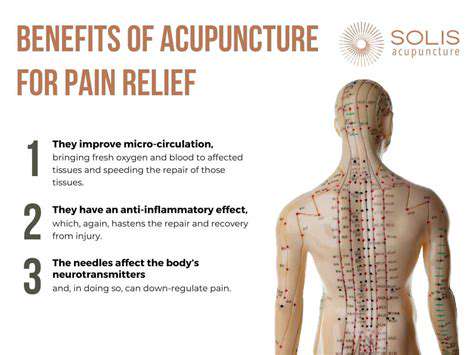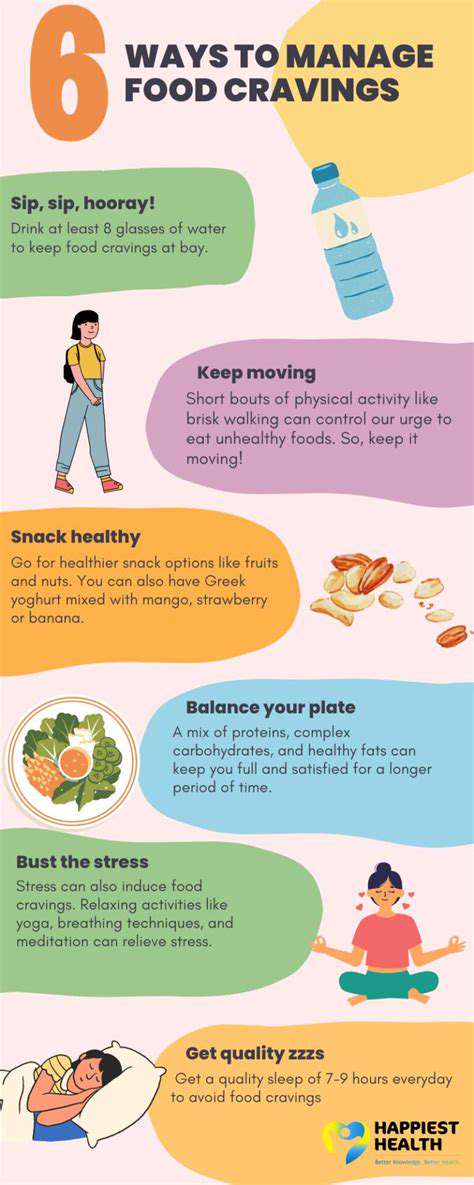The Link Between Gut Health and Mood
Understanding the Connection
The gut-brain axis, a complex network of communication between the digestive system and the central nervous system, plays a crucial role in regulating various bodily functions, including mood. This bidirectional communication means that not only does the gut influence the brain, but the brain also significantly impacts gut health. This fascinating interaction highlights the interconnectedness of our physical and mental well-being, emphasizing the importance of prioritizing both gut health and mental wellness.
Research consistently demonstrates that the gut microbiome, the trillions of bacteria residing in our digestive tract, directly affects brain function. The gut microbiome produces neurochemicals, including serotonin and dopamine, which are vital for regulating mood, sleep, and appetite. Disruptions to this delicate balance can lead to a cascade of negative effects on mental health.
The Role of Gut Microbiome
The gut microbiome, a complex ecosystem of bacteria, fungi, and viruses, plays a significant role in the gut-brain axis. These microorganisms produce various metabolites that can influence brain function. For example, some gut bacteria produce short-chain fatty acids (SCFAs), which have anti-inflammatory properties and can positively impact mood and cognitive function. Conversely, an imbalance in the gut microbiome, often referred to as dysbiosis, can lead to inflammation, impacting brain chemistry and contributing to mood disorders like depression and anxiety.
Impact on Mood Regulation
The gut-brain axis significantly impacts mood regulation. Neurotransmitters like serotonin, crucial for regulating mood and feelings of well-being, are produced in the gut. An imbalance in gut bacteria can disrupt serotonin production, potentially leading to mood swings, anxiety, and even depression. The gut microbiome also affects the production of other neurochemicals that influence mood, sleep, and stress response.
Dietary Influences and Gut Health
A balanced diet rich in fiber, fruits, and vegetables is essential for maintaining a healthy gut microbiome. Fiber acts as food for beneficial bacteria, promoting their growth and supporting a healthy gut environment. Conversely, processed foods, excessive sugar intake, and a diet lacking in essential nutrients can disrupt the gut microbiome, potentially impacting mood regulation and cognitive function. Making conscious dietary choices can significantly improve both gut health and mental well-being.
Stress and the Gut-Brain Axis
Chronic stress can have a detrimental effect on the gut-brain axis. Stress hormones, like cortisol, can disrupt the delicate balance of the gut microbiome, potentially leading to inflammation and dysbiosis. This disruption can further exacerbate stress responses, creating a vicious cycle that negatively impacts both physical and mental health. Stress management techniques, such as mindfulness and exercise, can help restore balance and support a healthy gut-brain axis.
The Microbiome's Impact on Mood Regulation

The Gut-Brain Axis and Emotional Well-being
The intricate connection between the gut microbiome and the brain, often referred to as the gut-brain axis, is a rapidly evolving area of research. This bidirectional communication pathway involves a complex interplay of neural, hormonal, and immunological factors. The brain isn't just a distant controller; it's deeply intertwined with the gut's health, influencing everything from digestion to mood regulation. Understanding this connection is crucial in exploring the microbiome's potential role in mental health.
Research suggests that imbalances in the gut microbiome can contribute to mood disorders like anxiety and depression. This isn't about simple cause and effect, but rather a complex interplay of factors. Changes in the composition and function of gut bacteria can affect neurotransmitter production, impacting mood regulation. Furthermore, the gut microbiome can directly influence the immune system, and the immune system plays a key role in regulating emotional responses. This intricate network highlights the need for a more holistic approach to mental health care.
Dietary Influences on Microbiome Composition and Mood
What we eat directly impacts the composition of our gut microbiome. A diet rich in processed foods, sugar, and unhealthy fats can disrupt the delicate balance of beneficial and harmful bacteria. This imbalance can lead to a cascade of negative effects, potentially contributing to mood fluctuations. Conversely, a diet rich in fiber, fruits, and vegetables can foster a thriving and diverse microbiome, which, in turn, may contribute to improved emotional well-being. Therefore, dietary choices significantly influence the gut-brain axis and should be considered an important factor in mental health.
A diet rich in fermented foods like yogurt, kefir, and sauerkraut can provide probiotics – beneficial bacteria – that can positively influence the microbiome. These foods introduce live microorganisms into the gut, potentially promoting a healthier gut environment and contributing to improved mood. Furthermore, dietary patterns that support a healthy gut can contribute to a more balanced immune system, which could in turn positively impact mood.
Focusing on a balanced diet is crucial for supporting a healthy gut microbiome and, consequently, overall mental well-being. This includes limiting processed foods and prioritizing whole, unprocessed foods.
The Role of Prebiotics and Probiotics
Prebiotics are non-digestible food ingredients that selectively stimulate the growth and/or activity of beneficial bacteria in the gut. They are essentially food for the good bacteria, encouraging their proliferation and promoting a healthier gut environment. This, in turn, can influence the gut-brain axis, potentially leading to improvements in mood regulation.
Probiotics are live microorganisms that, when consumed in adequate amounts, confer a health benefit on the host. These microorganisms are often found in fermented foods, but they can also be taken as supplements. Consuming probiotics can directly introduce beneficial bacteria into the gut, potentially restoring balance and improving mood. Research exploring the specific strains of probiotics most effective in improving mood regulation is ongoing.
The potential benefits of prebiotics and probiotics extend beyond just improving the microbiome. A healthy gut microbiome can indirectly support overall health and well-being, including mental health. Therefore, incorporating these elements into a holistic approach to mental health could prove beneficial.
Further research is needed to fully understand the mechanisms by which prebiotics and probiotics influence mood regulation. However, the existing evidence suggests a promising role for these dietary interventions in supporting mental well-being.











